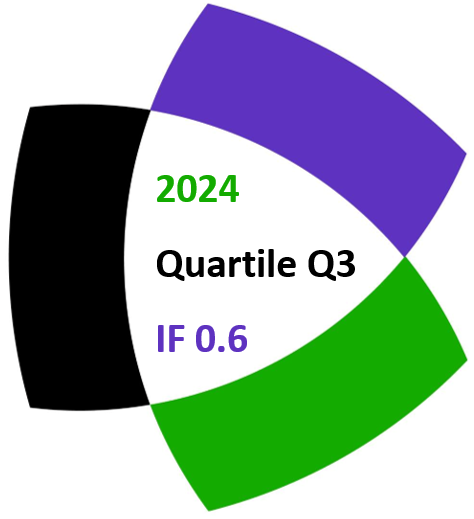J. V. Leyendekkers and A. G. Shannon
Notes on Number Theory and Discrete Mathematics, ISSN 1310–5132
Volume 13, 2007, Number 1, Pages 16–24
Full paper (PDF, 113 Kb)
Details
Authors and affiliations
J. V. Leyendekkers
The University of Sydney, 2006, Australia
A. G. Shannon
Warrane College, The University of New South Wales, Kensington, 1465, &
Raffles KvB Institute Pty Ltd, North Sydney, NSW 2060, Australia
Abstract
Odd integers raised to an odd power n can equal a sum of squares only if the integers are in Class 1̅4 of the Modular Ring Z4. The primes raised to an odd power are unique in that they only have (n − 1) square couples. These couples depend on the single couple (a1, b1). A general equation is given for predicting the square couples of pn and odd-powered composites. Even integers raised to an odd power have no primitive solutions for such square couples, because the sum of two odd squares falls in Class ̅24 where there are no powers at all.
AMS Classification
- 11A41
- 11A07
References
- John H Conway & Richard K Guy, The Book of Numbers. New York: Copernicus, 1996.
- J.V. Leyendekkers, J.M. Rybak & A.G. Shannon, The Characteristics of Primes and Other Integers within the Modular Ring Z4 and in Class 1̅4. Notes on Number Theory & Discrete Mathematics. 4 (1) (1998): 1-17.
- J.V. Leyendekkers & A.G. Shannon, The Row Structure of Squares in Modular Rings. Notes on Number Theory & Discrete Mathematics. 10 (1) (2004): 1-11.
- Neal H. McCoy, The Theory of Numbers. New York: Macmillan, 1965, Ch.2.
- W.G. Nowak. On Sums and Differences of Two Relative Prime Cubes. Analysis. 15 (1995): 325-341.
Related papers
Cite this paper
Leyendekkers, J. V., & Shannon, A. G. (2007). Odd powers as sums of squares. Notes on Number Theory and Discrete Mathematics, 13(1), 16-24.


